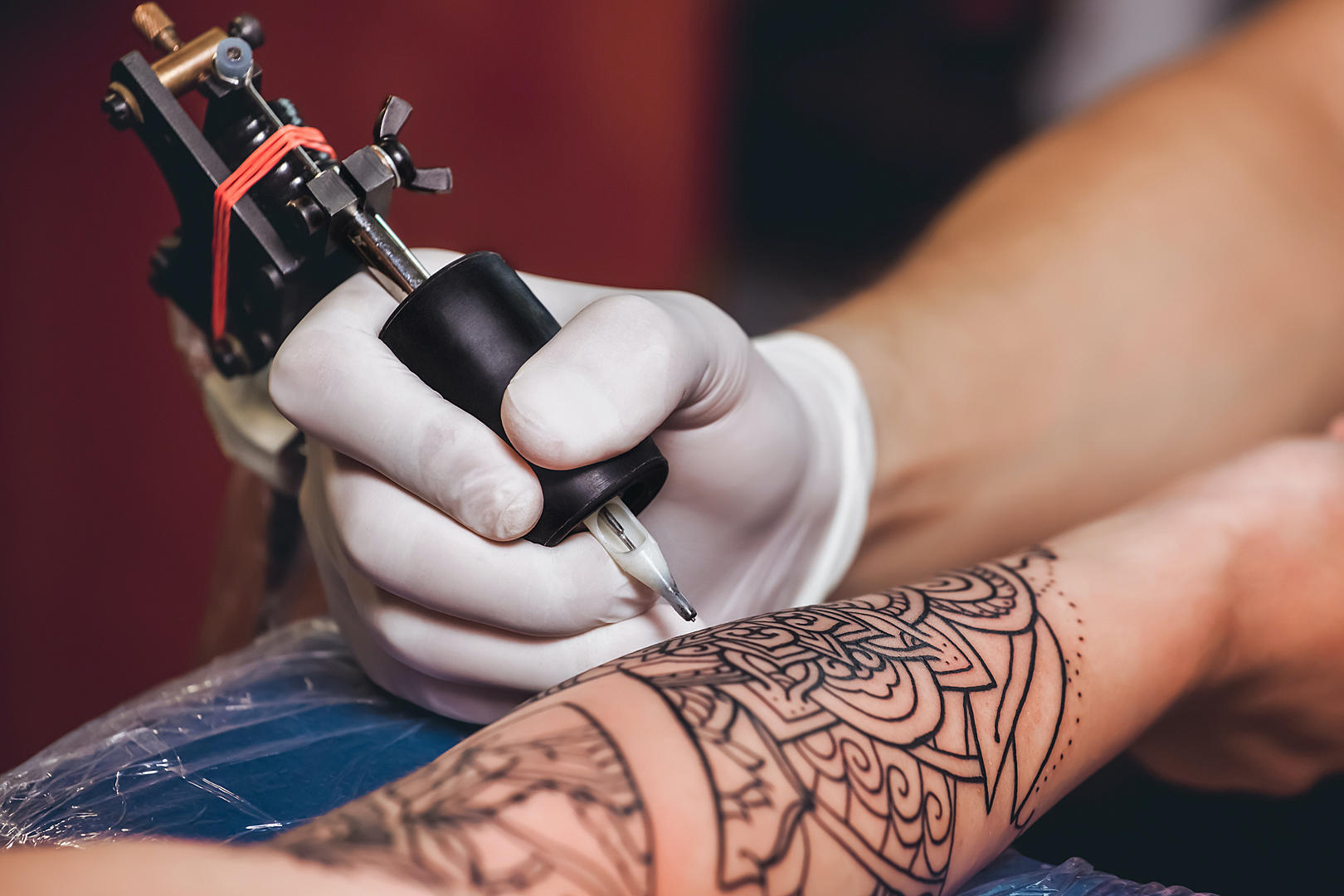A latest research raised concerns in tattooed American regarding how tattoos causing organ damage.
A recent survey found that one-third of Americans get tattoos, with the biggest contributing factor cited being the powerful impact of musicians like Justin Bieber and Machine Gun Kelly.
Half of these American are at least between the ages of 30 to 49 years of age.
Although these artistic inks let people to create a visual story on their skin, things can go horribly wrong and leave people with damaged organs.
But how?
45 undeclared chemicals, including polyethylene glycol, 2-phenoxyethanol, and an antibiotic, were found in tests conducted on 54 ink samples in New York, according to the Daily Mail.
Tattoos can be made simpler to apply by thickening them with polyethylene glycol. It has also been connected to organ damage, particularly a kind of kidney necrosis, and is present in a variety of goods, including hair spray, cosmetics, and body wash.
On the other hand, it has also been connected to newborns' nervous system malfunction.
Propylene glycol, an antibiotic often used to treat urinary tract infections, was discovered during the testing. This substance may have been added to lower the risk of contamination even though it was not disclosed on the label.
This antibiotic has been connected to eczema and other allergic reactions that cause skin disorders.
Skin tattoos are held in place by tattoo inks that are absorbed by white blood cells such as macrophages. But contaminants may enter the bloodstream and harm organs, and in some situations, they can spread throughout the body and increase the chance of unfavorable side effects including organ damage.
Binghampton University chemist Dr. John Swierk, who led the study stated that "We're hoping the manufacturers take this as an opportunity to reevaluate their processes, and that artists and clients take this as an opportunity to push for better labelling and manufacturing."
He further said that "Our goal in a lot of this research is to empower artists and their clients. Tattoo artists are serious professionals who have dedicated their lives to this craft and they want the best possible outcomes for their clients.
"We're trying to highlight that there are some deficiencies in manufacturing and labelling."



























